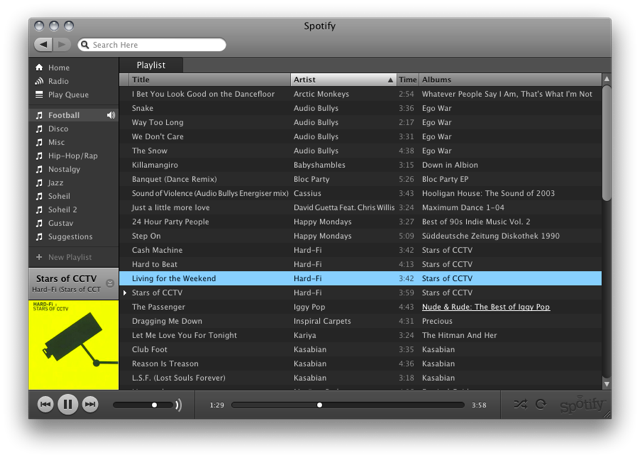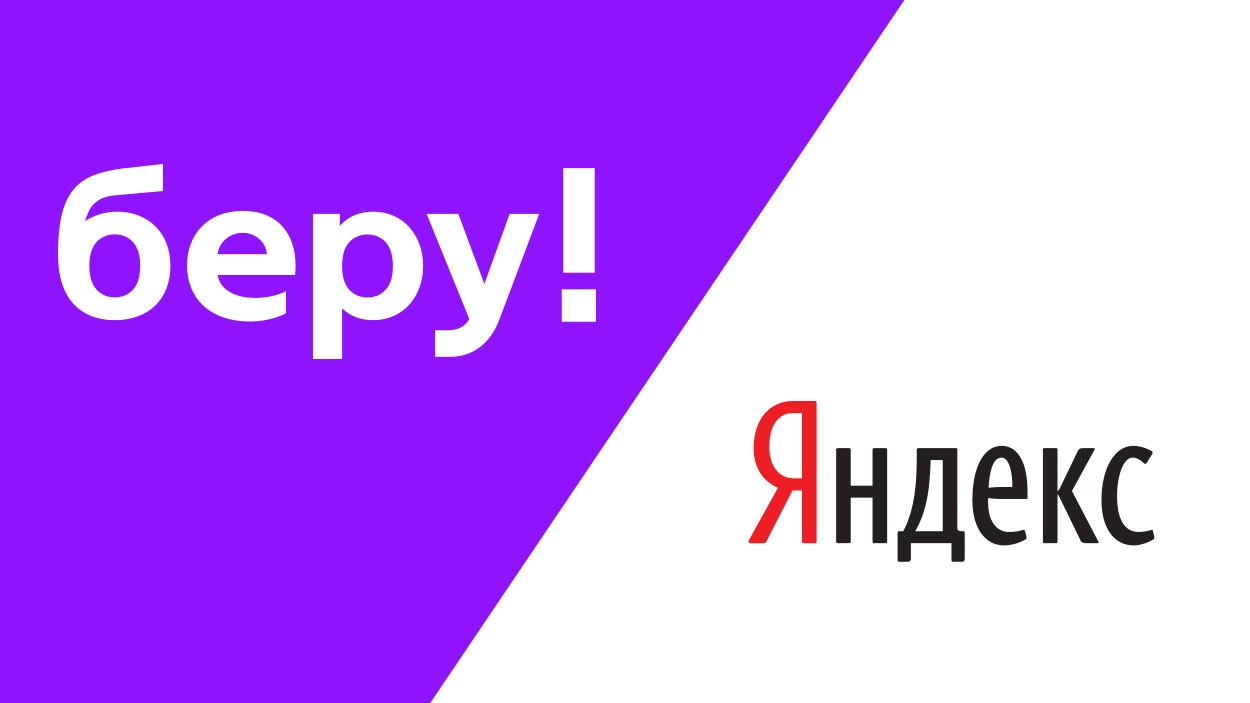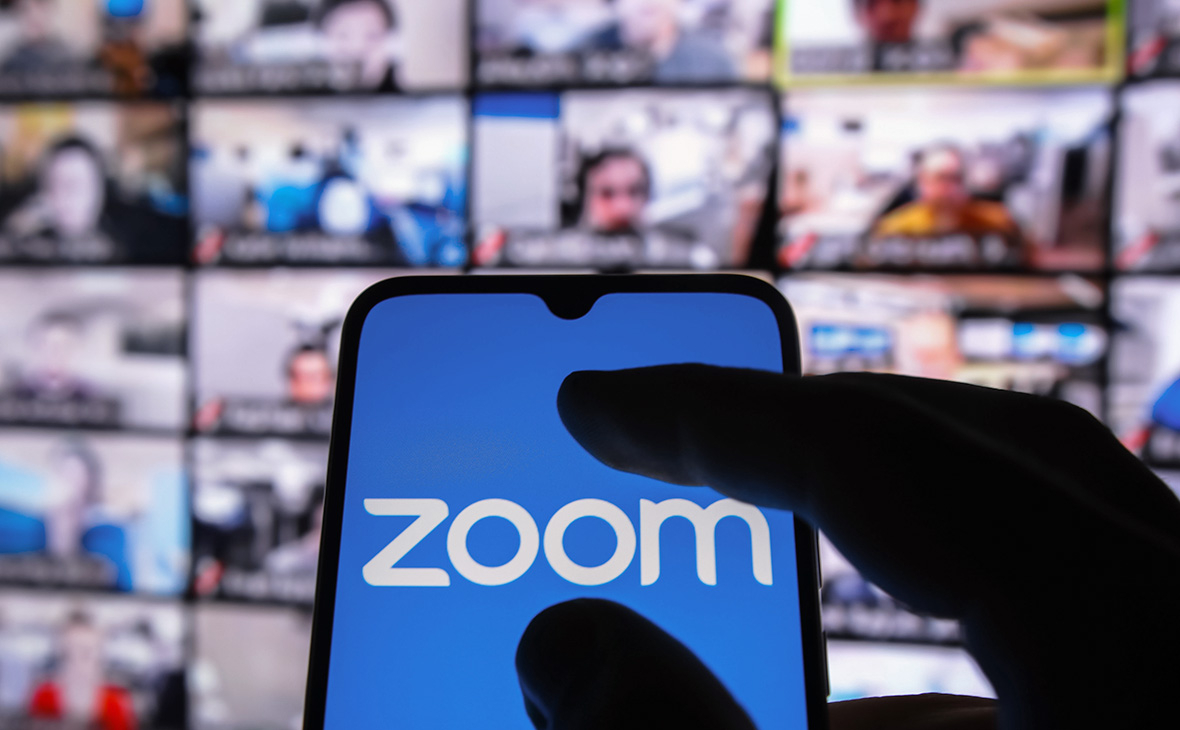Startups often confuse the term MVP with a product prototype, but unfortunately the prototype cannot be sold. MVP should already be a working product for which your target audience is willing to pay.
MVP Success Cases
Spotify

The creators of the project originally developed an application with only one functionality - streaming music. Thanks to the large number of users, the team was able to sign contracts with major labels and receive funding. Spotify is now valued at $ 26.5 billion.
Wildberries

Tatyana Bakalchuk, the founder of the marketplace, started by purchasing women's clothing, then created a website and launched an advertisement for her online store on the Passions.ru platform, and received several orders on the very first day. There were certainly problems at the initial stage of development, but this is a completely different story. Now Wildberries is the largest marketpleysom in Russia with a turnover of 223.5 billion rubles.
Unfortunately, I couldn't find a photo of the first version of the marketplace.
Dropbox
A product viability check is not necessarily an off-the-shelf service. In the case of Dropbox, it all started with a demo video in which the idea was presented in just 3 minutes. At the same time, the product itself was not yet available. The video received positive reviews, millions of views, thousands of comments, and helped attract investors.
All these projects are united by the fact that they launched their product in an unformed market, or in a market where there is no obvious leader. But what if you decided to launch a task manager with a new feature? Or a new marketplace or messenger ?
In the event that the market is formed, MVP will not give you a result. You cannot release a product with a basic set of functionality.
When the market is established and there are already players who are solving the given need, you cannot come out with the same basic product. For example, we can recall the Basecamp project for working with projects: what a wow effect there was in the second half of the 2000s, and now it is not interesting to anyone. Now customers need a product that they can use. Also, Pavel Durov, releasing the Telegram product, launched a fast version of WhatsApp, with all the basic functions that were at that time. It did not make the user experience worse than in modern instant messengers, which many people used, and this is no longer an MVP. This method works in many areas of business. You can't start MVP and say “Guys use it for now, but we will finish the product soon and it will be normal”... Only your friends can be patient, and customers will remember how bad the product is and are unlikely to come back to test it again after a full launch. Now the market needs at least a beta version for a small audience, or a very small product without unnecessary features.
Successful projects that started without an MVP, but succeeded:
Beru

The Beru.ru marketplace was not launched in stages, it was released with existing products and useful features. Also, we did cool marketing campaigns. What if it was the same project as Wildberries? Or, in general, with the same initial functionality that Wildberries started with? I think the project would be closed immediately.
Binance.com
When the cryptocurrency market began to gain momentum, an exchange called Binance was born, headquartered in Hong Kong. Thanks to its convenient functionality and affordable tools, the exchange quickly became popular. After 7 months, more than 7.5 million people were registered on the platform.
But if the exchange followed the path of testing the idea and its presentation (as other exchanges did), this market could be occupied by another player with more convenient and powerful functionality.
Yandex.Taxi

When Yandex launched a project with its own taxi company, it developed a full-fledged product, no worse than the competitors that were present at that time. In addition to the basic functions, he was able to serve cars the fastest and thereby ousted other players from the market.
Zoom

Zoom founder Eric Yuan left WebEx to launch his own product that directly competes with yesterday's employer. When Zoom was launched, there were already players on the market like Skype, Google Hangouts, and others. The main growth driver for Zoom was an attractive environment with noticeably better call quality. When others were selling video conferencing for $ 30- $ 70 a month. Zoom offered 40 minutes of free chat, or unlimited for just $ 15.
MonoBank
A mobile bank created by former top managers of PrivatBank. When the guys launched Mono Bank, they essentially created the best version of PrivatBank. Cashback became the main feature of the new bank. At the moment, the bank has over 1.3 million clients.
There are a lot of similar projects that were able to offer the market a better service than those available on the market at that time. Therefore, in an already formed market, it is difficult to develop a product with minimal costs, just to test a hypothesis .
Let's look at examples of projects that could not succeed because their product was losing to competitors in terms of user experience .
Startups with good ideas, but with a failed MVP
Social network "Aura"

When Yandex announced the launch of the social network Aura, everyone ran to register and test the product. The trick of the social network was that the service automatically selects interlocutors and communities based on information provided by the user: hobbies, geolocation, likes, etc.
In the first month, the project was quite popular, but over time, people stopped using it, because the social network worked only in the official application from Yandex. The social network did not have a separate application and had a number of problems that made it difficult to interact with Aura. As a result, in August 2020, Yandex announced the closure of the Aura social network.
Browser Amigo

Internet browser "Amigo" from the IT giant Mail.ru was launched in 2011, but has not been successful. Apart from the fact that the browser did not really stand out from its competitors, it also earned a bad reputation due to aggressive marketing. Users have complained that the browser is being installed without their permission. Here's the same story with user experience.
Messenger "ICQ"

A fairly popular messenger at the beginning of the 2000s eventually became useless to anyone, because competitors appeared on the market who offered a solution to the same need with a better user experience and additional features.
Flatora
This is the Russian counterpart of the Airbnb project. The project raised about $ 750,000 in 2012, but closed in May 2013. The reason for the closure was the fact that some functions did not work: it was not possible to conduct transactions and a number of financial transactions. The project entered a competitive market with a raw product that failed to provide users with a service that solves at least the same needs that Airbnb does.
Travelmenu
Online travel agency Travelmenu received $ 1.6 million in investments from Almaz Capital and Runa Capital in May 2011, but failed to gain a position in the market and closed in April 2013. The main competitors at that time were Anywayanyday and Booking.com. The main reason for the closure was the decision to postpone entry into the B2C market, instead, the service began with B2B.
Summing up, I would like to draw the attention of new startups that are planning to enter the formed market, that before launching the beta version, you should make sure that your product, at least, has basic functionality that covers the basic needs of the market, and has its own uniqueness - a special feature due to which you will attract users.
I wish everyone success and a lot of money.